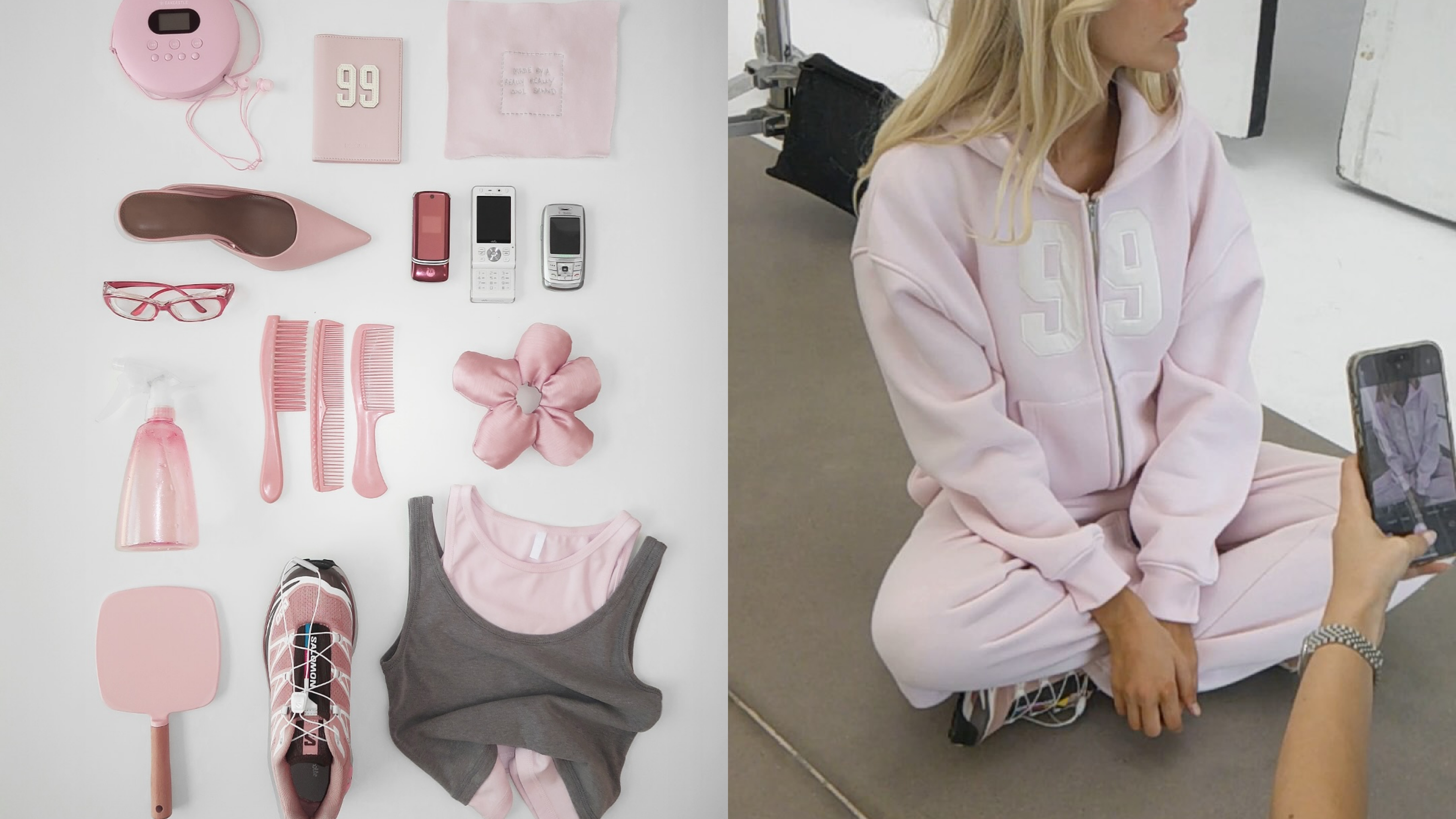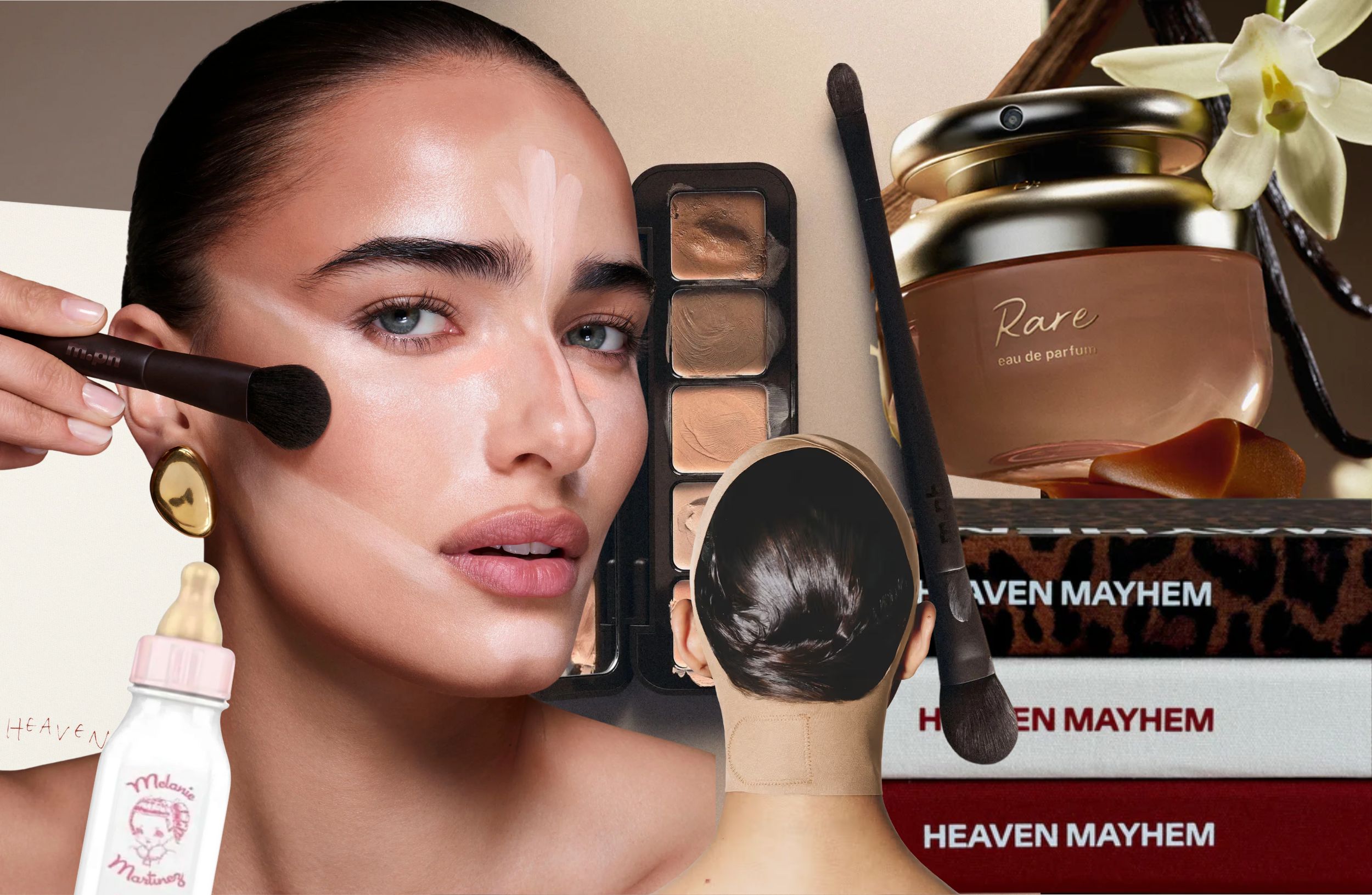The influence of social media metrics on brand success continues to be a subject of ongoing examination and debate. Specifically, the concept of vanity metrics has garnered attention, referring to metrics that may superficially appear impressive but fail to provide meaningful insights into a brand's true performance or impact.
Understanding Vanity Metrics
Vanity metrics typically encompass easily quantifiable indicators such as follower counts, likes, comments, and shares on social media platforms. However, critics argue that these metrics primarily measure engagement quantity rather than quality. They often lack the ability to reflect genuine interest, brand loyalty, or tangible business outcomes like sales, conversions, or customer satisfaction.
The Distortion of Brand Success
Overemphasis on vanity metrics can distort the perception of brand success. Organisations may become fixated on accumulating followers or generating likes and shares, disregarding whether these metrics contribute to tangible business results. This can lead to misguided marketing strategies, inflated perceptions of success, and suboptimal allocation of resources.
Value Amidst Vanity
It is important to note that not all social media metrics are inherently flawed. Metrics such as reach, impressions, click-through rates, conversion rates, and customer engagement can offer valuable insights into the effectiveness of marketing campaigns and brand reach. When used alongside qualitative and quantitative data, these metrics aid in identifying trends, understanding audience behaviour, and facilitating strategic decision-making.
Mitigating the Distortion
To mitigate the potential distortion caused by vanity metrics, brands are advised to adopt the following approaches:
1. Defining Meaningful Metrics:
Brands should establish key performance indicators (KPIs) that align with their specific goals and objectives. These metrics should reflect meaningful engagement, such as conversions, sales, customer satisfaction, or brand sentiment.
2. Prioritising Engagement Quality:
Rather than solely pursuing high follower counts or likes, brands should aim to cultivate genuine connections with their audience. Encouraging meaningful interactions, conversations, and user-generated content that reflect real engagement with the brand can foster stronger connections.
3. Holistic Data Analysis:
By combining quantitative metrics with qualitative insights, brands can obtain a more comprehensive understanding of their performance. Factors such as sentiment analysis, customer feedback, and competitive analysis should be considered to accurately assess a brand's impact.
4. Realistic Benchmarking:
Evaluating social media metrics in the context of the industry, target audience, and specific objectives is crucial. Comparing metrics to industry benchmarks and tracking trends over time can provide more meaningful insights.
5. Evaluating Long-Term Impact:
Looking beyond short-term fluctuations in vanity metrics, brands should focus on long-term trends and outcomes. Measuring the impact of social media efforts on overall brand awareness, reputation, customer loyalty, and business results helps establish a more accurate assessment of success.
While vanity metrics can distort brand success if solely relied upon, they still possess some value when used alongside other meaningful metrics. Striking a balance by prioritising engagement quality, defining relevant metrics, analysing data holistically, setting realistic benchmarks, and evaluating long-term impact is crucial for brands seeking a more accurate understanding of their social media influence. By adopting these approaches, brands can navigate the potential distortion caused by vanity metrics and leverage social media effectively for their overall success.






.svg)


.svg)
.svg)





